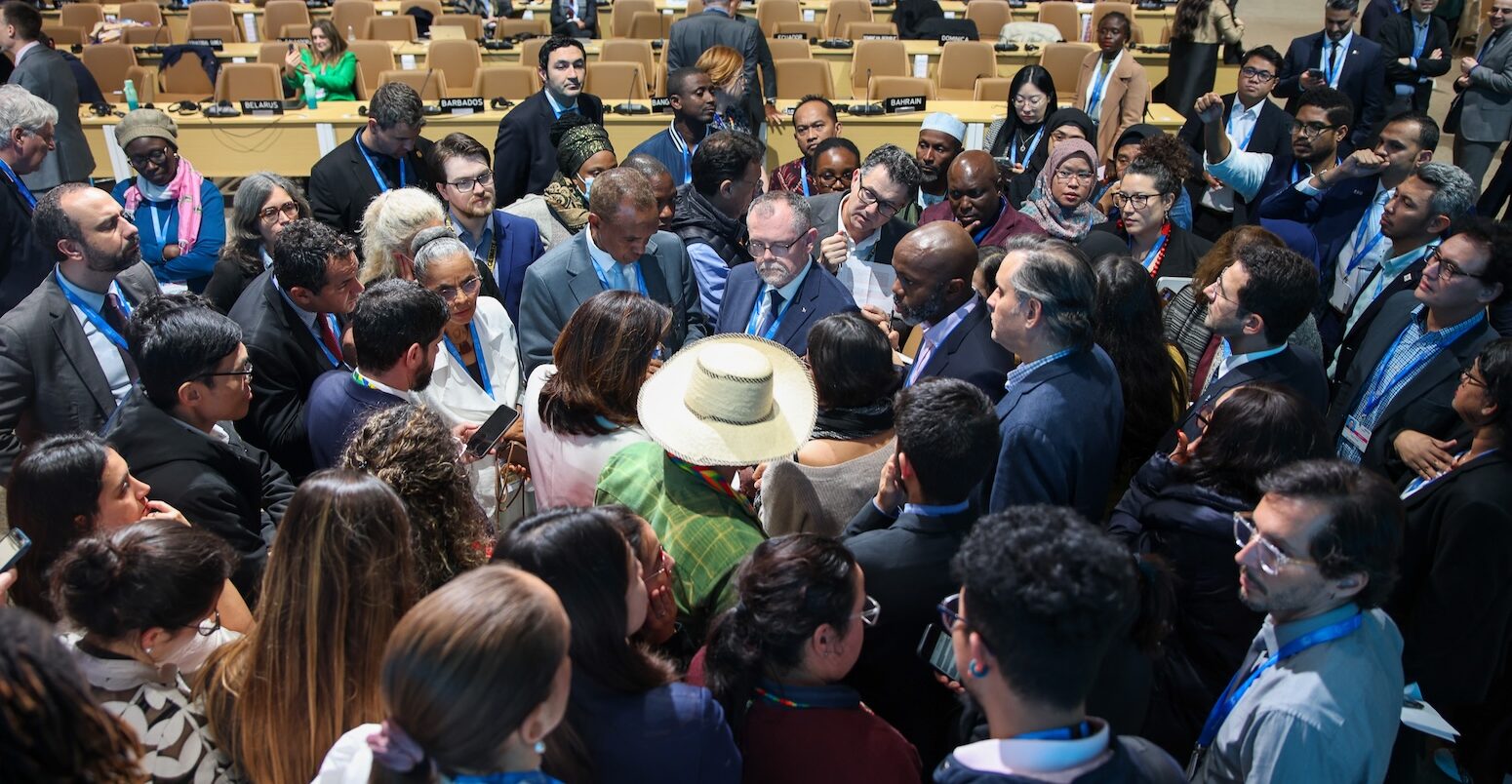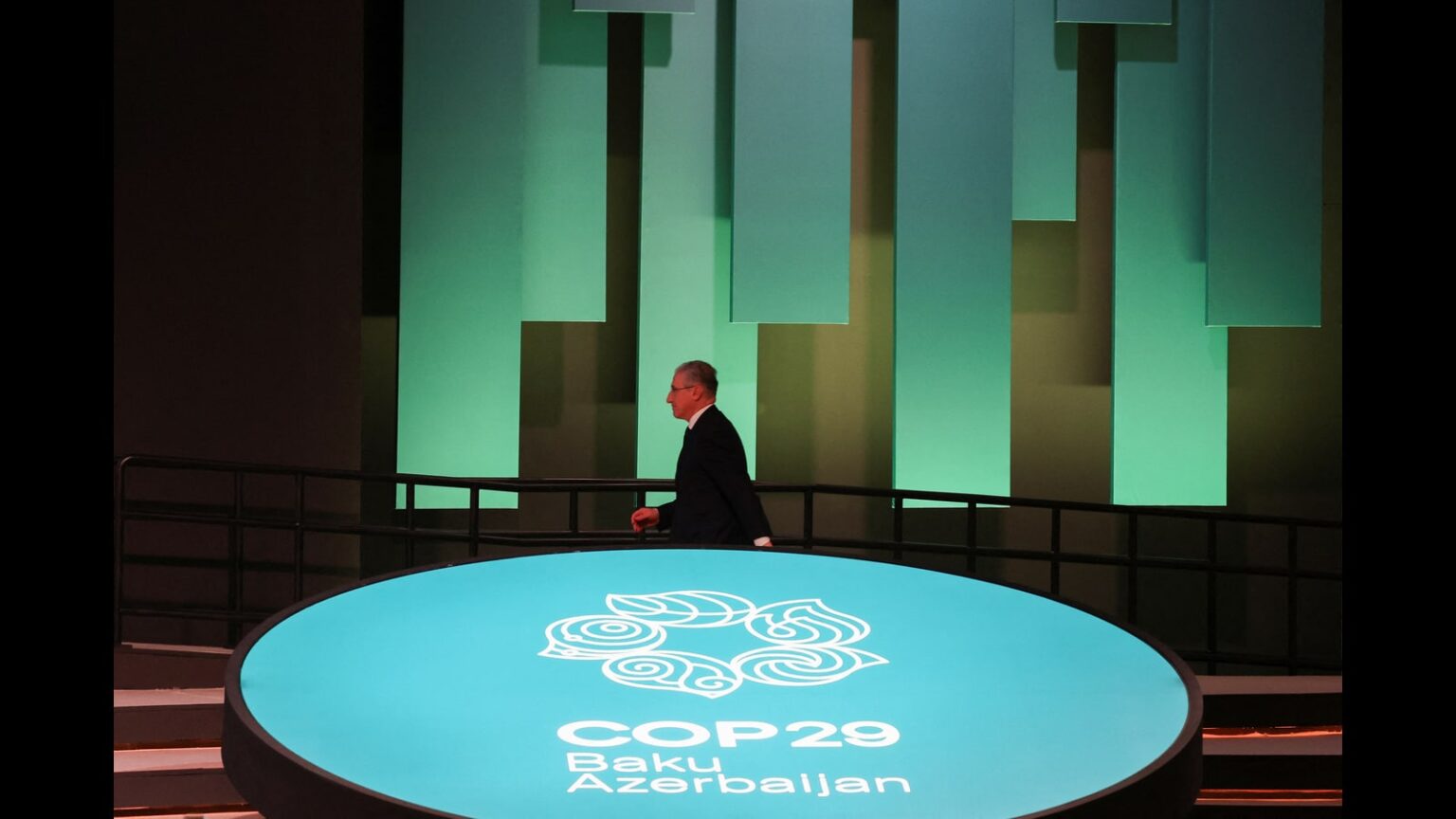The Baku negotiations, held during COP29, ended in a significant disappointment for many, as developed nations, particularly the United States and the European Union, dominated the discussions, undermining the climate finance goals originally proposed by developing countries. Despite the best efforts of the Azerbaijani presidency, the negotiations were marked by severe delays and frustration, particularly around the finance goals designed to assist vulnerable countries in mitigating and adapting to climate change.

Source:- bbc news
Initially, the presidency presented proposals that heavily favored the financial interests of wealthier countries, offering little to no support for debt relief or funding for the most vulnerable nations. The text presented in the final hours of the conference largely ignored key issues like moving investments away from fossil fuels and alleviating the debt burdens of developing countries. This led to widespread condemnation from developing nations, with many arguing that it was a betrayal, as it failed to address the scale of the crisis they face.
Source:- news 18
As the conference neared its end, key climate negotiators from the US, the UK, and the EU worked around the presidency to shape a deal that met their political needs, but left the most vulnerable nations at a disadvantage. This resulted in a last-minute agreement that some advocates called a “false hope,” leaving developing countries to face the overwhelming challenges of climate change with minimal support. This was seen as yet another failure by the global North to live up to its responsibilities, particularly as many developing countries are already suffering from the impacts of climate disasters.
For more on the details of these negotiations and the fallout, you can read more about the reactions from both climate leaders and the affected countries on sources like Grist and the Climate Action Network.
Share your views in the comments

